Millets, though not explicitly acknowledged as direct liver-detoxifying agents, play a role in supporting liver health within a balanced diet. These grains, rich in nutrients like vitamins, minerals, antioxidants, and dietary fiber, contribute indirectly to the overall detoxification process. The antioxidants found in millets aid in combating oxidative stress and free radicals, potentially reducing liver damage. Moreover, their nutrient profile, particularly the B vitamins and minerals, assists in various metabolic functions, potentially easing the liver's workload. Additionally, the dietary fiber in millets promotes digestive health, fostering a healthy gut environment that indirectly aids in the elimination of toxins and waste products. While millets contribute to overall health and might indirectly support liver function, targeted liver detoxification requires a comprehensive approach and should be overseen by healthcare professionals.
Table of Contents
What Do You Mean By Liver Detoxification?
Detoxifying the liver refers to the process of supporting the liver's natural functions in eliminating toxins, waste products, and harmful substances from the body. The liver is a vital organ responsible for metabolizing various compounds, filtering toxins from the bloodstream, and converting waste products into less harmful substances that can be expelled from the body.
The benefits of maintaining a healthy liver and supporting its detoxification functions include:
- Improved Overall Health: A healthy liver promotes overall well-being by efficiently processing and eliminating waste products, supporting digestion, and aiding in nutrient absorption.
- Enhanced Metabolism: A properly functioning liver helps regulate metabolism, including the breakdown of fats, proteins, and carbohydrates for energy.
- Reduced Toxic Load: Supporting the liver's detoxification process helps reduce the accumulation of toxins and free radicals, potentially lowering the risk of chronic diseases and inflammation.
- Optimal Digestion: A healthy liver contributes to proper bile production, crucial for fat digestion and absorption of fat-soluble vitamins.
- Boosted Immune Function: A well-functioning liver supports the immune system by processing and removing harmful substances, reducing the body's toxic burden.
Detoxifying the liver involves adopting a holistic approach to health, including maintaining a balanced diet rich in nutrients, staying hydrated, engaging in regular exercise, managing stress, and avoiding excessive alcohol consumption and exposure to toxins. It's essential to note that the liver naturally detoxifies the body, and while dietary and lifestyle changes can support liver health, extreme detox diets or cleanses may not be necessary or advisable for everyone and should be approached with caution.
Do Millets Play Any Role In Detoxifying Liver?
Millets, known for their nutrient density, offer vitamins, minerals, antioxidants, and dietary fiber that support various bodily functions, including liver health indirectly.
- Antioxidants: Millets contain antioxidants that combat oxidative stress and free radicals, potentially reducing liver damage caused by oxidative processes.
- Nutrient Content: The vitamins and minerals in millets play roles in metabolic processes that indirectly support liver function. For instance, B vitamins aid in metabolizing fats, proteins, and carbohydrates, potentially easing the liver's workload.
- Fiber: The dietary fiber in millets aids digestion and contributes to a healthy gut microbiome. A healthy gut can reduce the liver's burden by effectively processing and eliminating waste products and toxins.
While millets offer supportive nutrients, detoxification is primarily performed by the liver, a complex and efficient organ. A balanced diet including millets, along with other nutrient-rich foods, can contribute to overall health, indirectly supporting liver function.
How Can Millets Be Used To Detoxify Liver?
While there isn't a direct method to use millet specifically for liver detoxification, incorporating millets into a balanced diet can contribute to overall liver health. Here are some ways to include millets:
- Varied Diet: Replace refined grains with whole millets like pearl millet (bajra), sorghum, finger millet (ragi), or foxtail millet in your meals. Use millets as a substitute for rice or wheat in dishes like pilafs, salads, porridge, or as flour for baking.
- Nutrient-Dense Meals: Combine millets with a variety of colorful vegetables, legumes, and lean proteins to create balanced and nutrient-rich meals. These foods provide essential nutrients supporting liver function.
- Hydration: Drink plenty of water throughout the day to support the liver's detoxification process by assisting in the elimination of waste products.
- Limit Processed Foods: Minimize processed and high-fat foods, as well as excess sugar and alcohol, as these can burden the liver.
- Balanced Lifestyle: Engage in regular physical activity and maintain a healthy lifestyle to support overall health, including liver function.
Is Millet Better Than Other Grains In Detoxifying Liver?
There isn't explicit evidence suggesting that millets are significantly better than other grains specifically in detoxifying the liver. While millets are nutritious and offer various health benefits, comparing their detoxifying properties to other grains in a conclusive manner isn't straightforward.
Many whole grains, including millets, possess antioxidants, vitamins, minerals, and dietary fiber that contribute to overall health and support bodily functions, indirectly benefiting the liver's natural detoxification processes. However, the specific impact of one grain over another in detoxifying the liver hasn't been extensively studied or proven.
Instead of focusing solely on a single grain for liver detoxification, it's advisable to consume a varied and balanced diet consisting of whole foods, including a mix of grains, fruits, vegetables, lean proteins, and healthy fats. This approach ensures a broader spectrum of nutrients that collectively promote overall health, including supporting liver function.



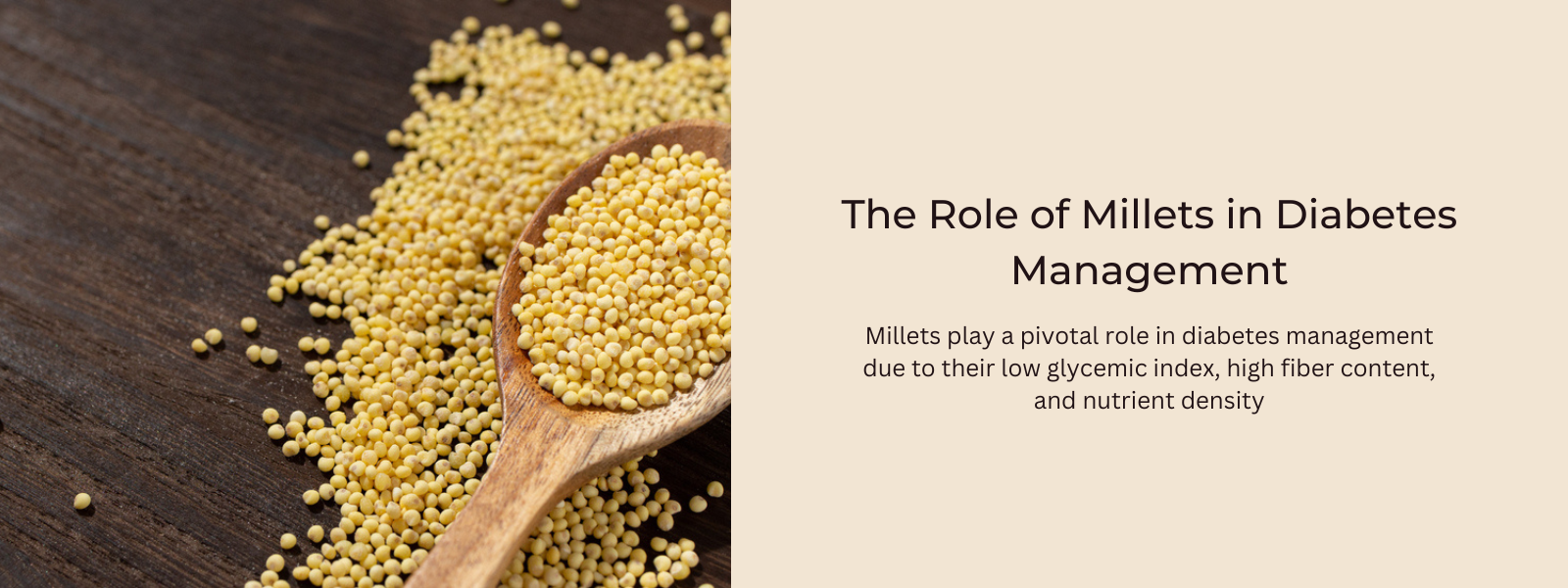
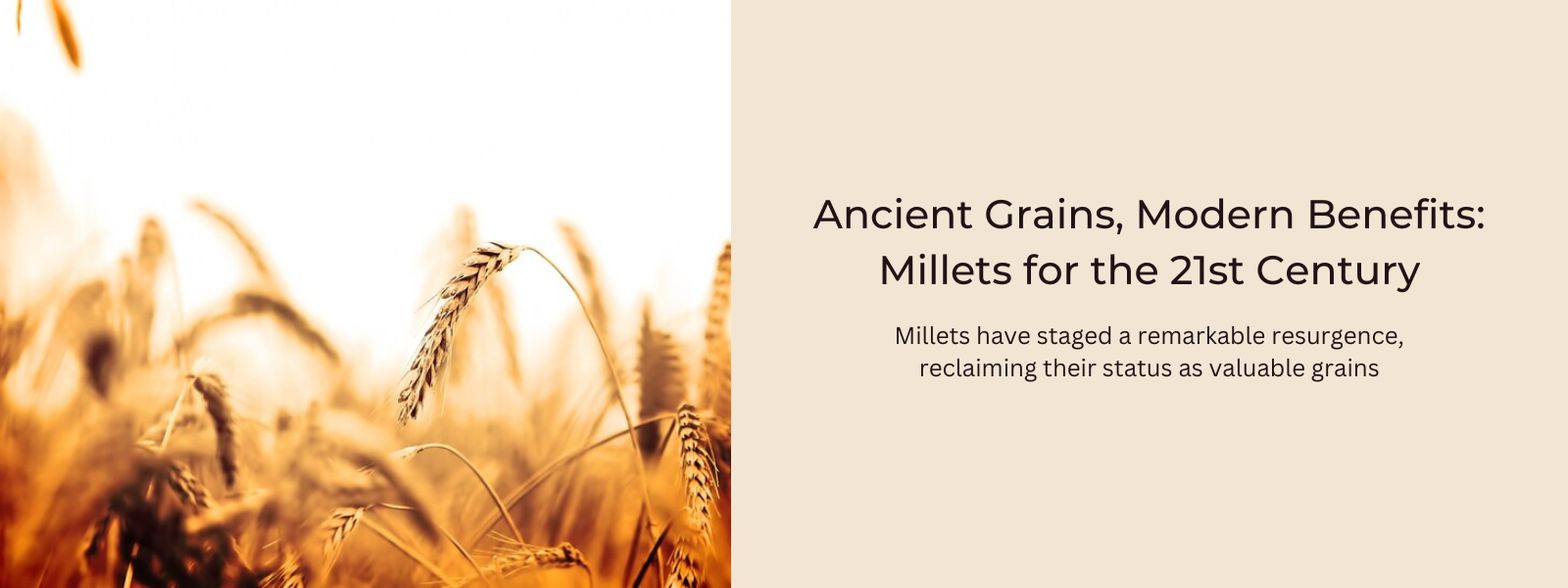
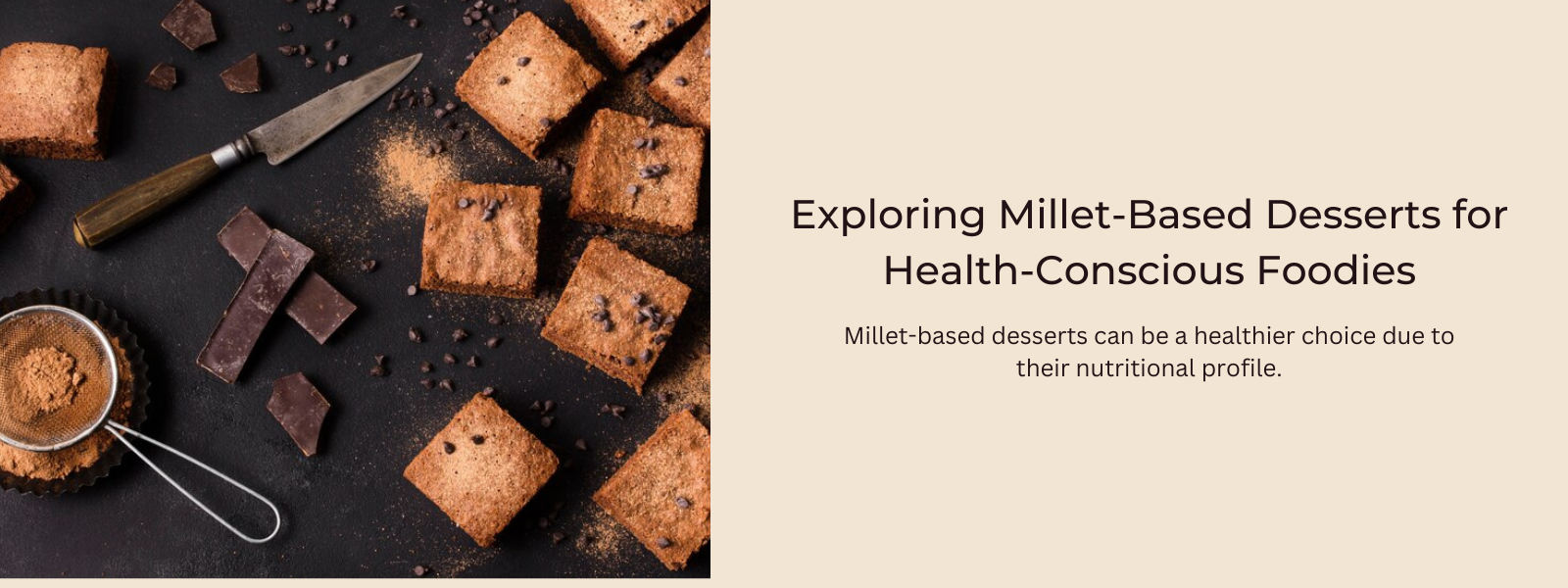

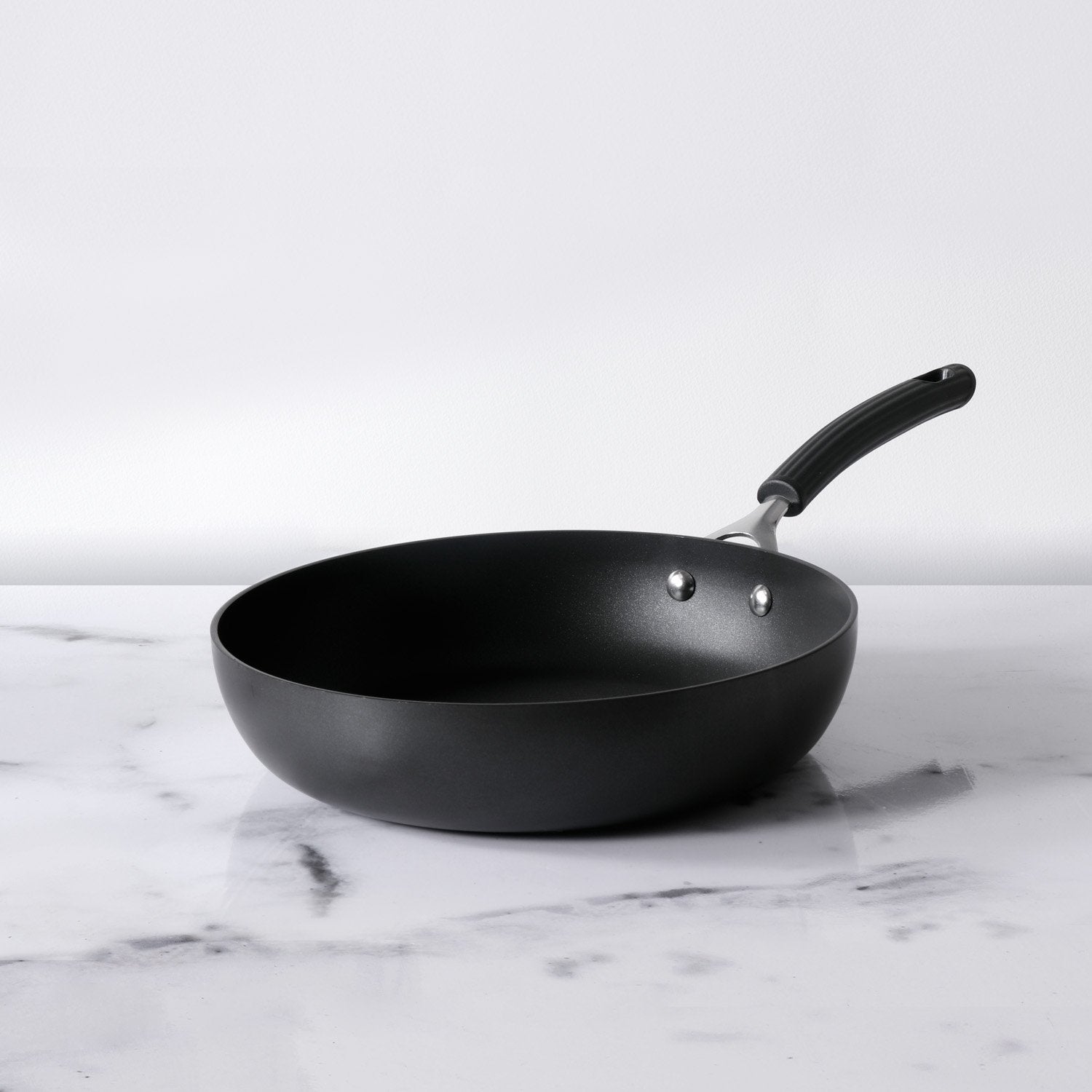
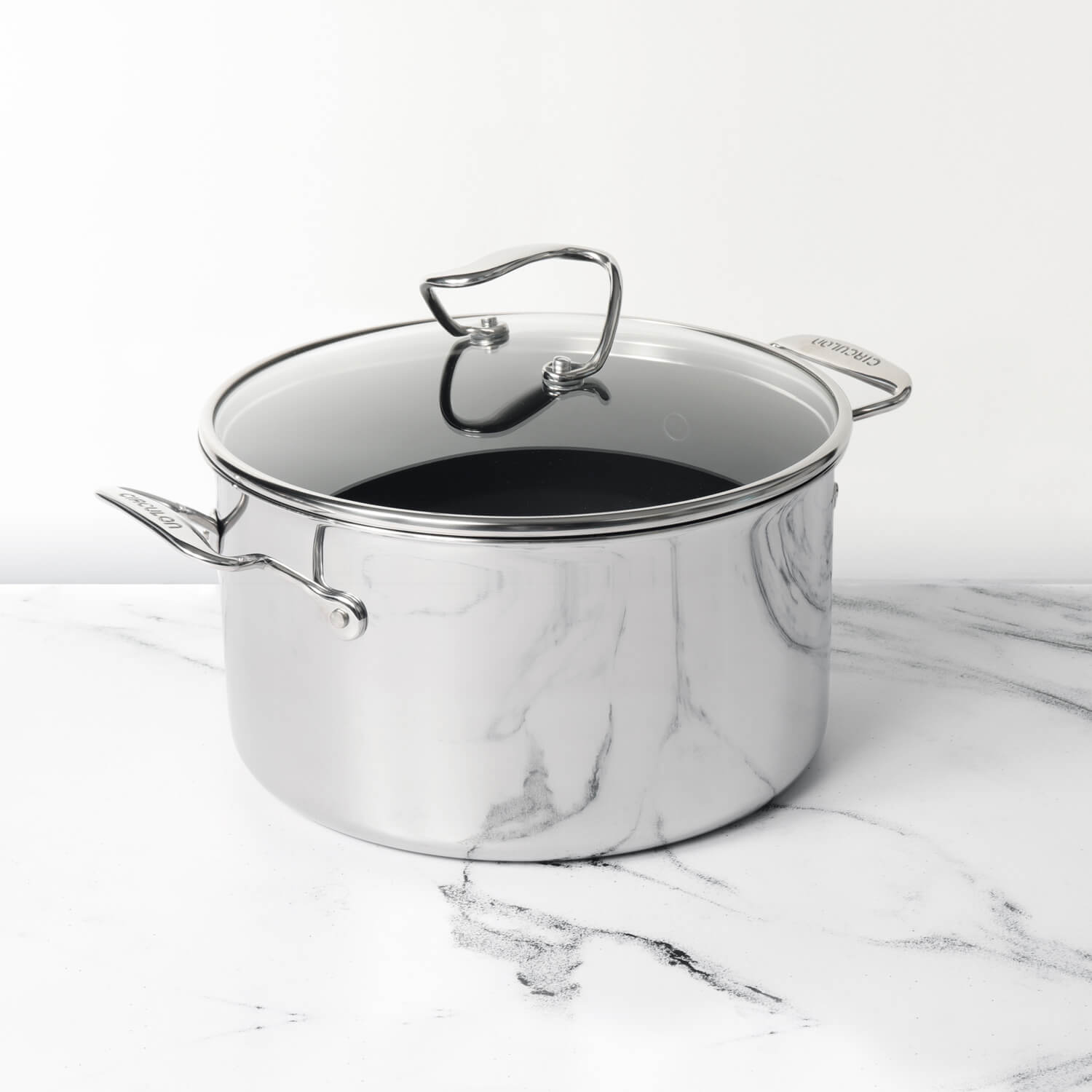




Leave a comment